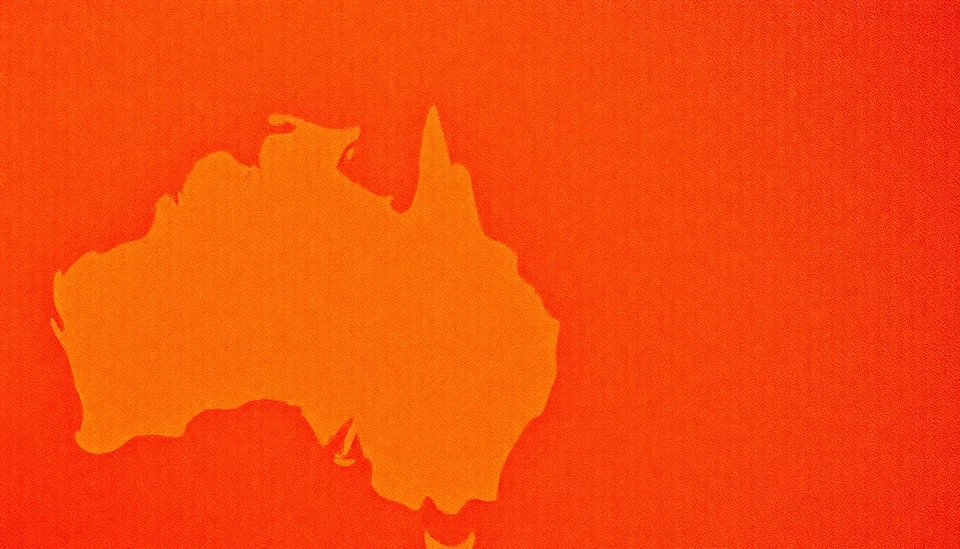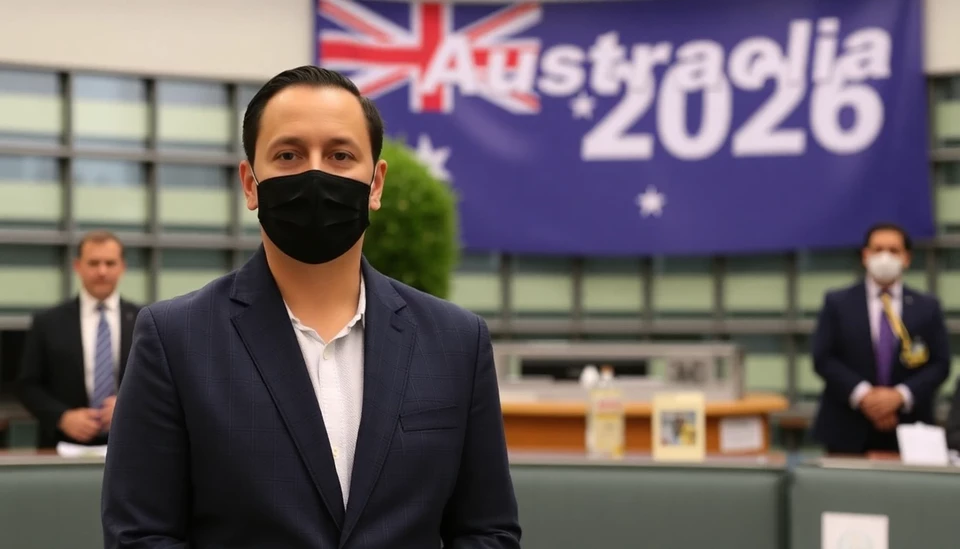
Australia is currently grappling with significant inflationary pressures that may play a crucial role in determining the Reserve Bank of Australia's (RBA) policy decisions regarding interest rates and the timing of upcoming elections. Recent economic indicators suggest that inflation remains elevated, prompting discussions about possible rate cuts and their implications for the political landscape.
The RBA has been closely monitoring inflation trends, particularly in the context of its dual mandate: to maintain price stability and promote full employment. Analysts point out that the current inflation figures could be pivotal in shaping the RBA's next moves. If inflationary pressures begin to ease, the bank may consider reducing interest rates to stimulate economic growth; however, persistent inflation could lead to the opposite approach.
Australia's inflation rate has seen fluctuations, significantly impacted by global supply chain issues and rising energy prices. These external factors have been compounded by domestic pressures, including soaring housing costs and increased demand for goods and services as the economy rebounds from pandemic-induced constraints. The RBA's challenge is to navigate these tumultuous waters while ensuring that economic recovery remains on track.
The timing of potential interest rate cuts also has political ramifications, particularly with federal elections on the horizon. In Australia, interest rates are a sensitive subject for voters as they directly affect household finances and overall economic sentiment. A decision by the RBA to lower rates might be seen as a move to bolster economic confidence ahead of elections, potentially influencing the electorate's mood and voting behavior.
Political analysts are weighing how inflation and interest rate policies will impact the Prime Minister's standing and the overall success of the government in the upcoming electoral cycle. If voters perceive the government as effectively managing inflation and economic stability, it may enhance their support. Conversely, unresolved inflation issues could lead to discontent and electoral challenges.
As stakeholders await the RBA’s forthcoming announcements, the delicate balance between managing inflation, maintaining economic growth, and political accountability remains a critical focus for both the bank and the government. Therefore, the economic decisions made in the coming months will likely reverberate across the political landscape, influencing not only policy but also the very fabric of Australia's electoral process.
#Australia #Inflation #RBA #InterestRates #Elections #EconomicPolicy
Author: Rachel Greene




